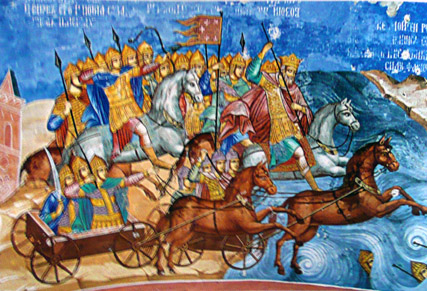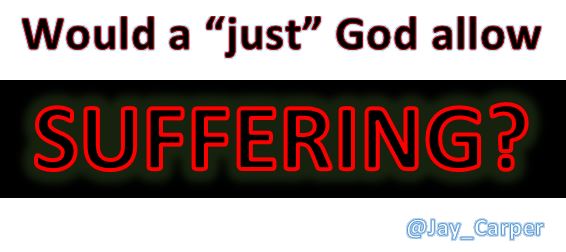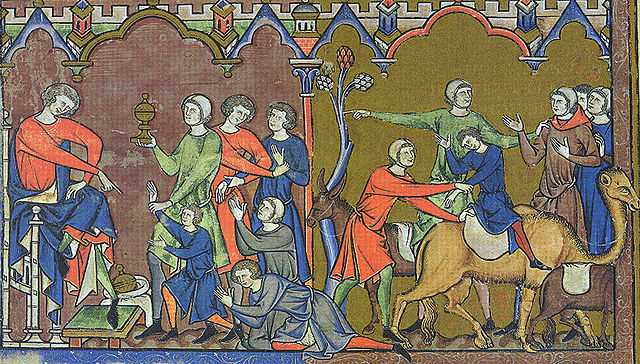Genesis 23:2 And Sarah died in Kiriatharba – the same is Hebron – in the land of Canaan; and Abraham came to mourn for Sarah, and to weep for her.
This is such a sad verse. Abraham and Sarah had been together for more than one hundred years. Can you even imagine that? We all cheer at golden anniversaries and gasp at diamond, but just think of living, working, and loving with someone for one hundred years! Abraham had experienced all of these things with Sarah:
- Family breakups
- Drought
- Decades of childlessness
- Miraculous conception and birth
- Kidnappings
- War
- Extraordinary wealth
- Near filicide
- Actual fire and brimstone
- Personal visits from God!
And then she was gone.
Scripture doesn’t have much to say about Abraham after the death of Sarah. Nothing more of significance happens in his life. He hadn’t done anything wrong. He didn’t suddenly become a failure. In fact he remarried and had six more sons and probably as many daughters. All of those sons went on to be the patriarchs of their own tribes. But compared to what he had been, the “Friend of God”, all of this pales. The entire story of the rest of Abraham’s life is wrapped up in a single character in the last word in the Hebrew text of Genesis 23:2, the little kaph.
Read that last sentence again:
Abraham came to mourn for Sarah and to weep for her.
Why does Moses say “mourn” and “weep”? Wouldn’t one of those words be enough? Whenever Scripture appears to repeat itself, there is a reason, and there are a couple of reasons in this case.
First, mourning and weeping in this context are two different things. “Mourning” is a ritual frequently involving sackcloth, ashes, and hair pulling. Sometimes there are hired mourners who might not have even known the deceased. They’re hired to put on an emotional show. (There’s a cultural disconnect here for me. I don’t understand how the practice of hiring official mourners honors the dead. Fortunately, I don’t have to understand it. I just have to acknowledge that other people understand it, and then move on.) This is probably what Abraham did. He put on a good show of wailing and tearing and maybe hired some locals to join in.
Weeping, on the other hand, is a genuine outpouring of emotion. Sarah had been a huge part of Abraham’s entire life, and he must have been terribly heartbroken at her death.
There is something else going on here, though. The word Hebrew word for weep is bakah. It has only three letters: bet-kaph-heh. The really unusual thing is that the middle letter, kaph, is written smaller than usual. Remember that nothing in the Torah is superfluous; there is a reason for every jot and tittle. Some of the Jewish sages believed that this little kaph tells us that Abraham only wept a little: the grief in his heart was infinite, but in his humility he didn’t want to make a big show of it. However, this interpretation seems to be at odds with the mourning of only a few words earlier. The sages have passed down a lot of wisdom, but it appears to me that they were wrong in this case. The little kaph does not mean that Abraham didn’t cry very much. It actually tells us about the depth of his sorrow.
Take a look at the meanings behind the three letters in bakah.
Bet = house = nation, descendants, kingdom
Kaph = hand = strength, control, pride
Heh = window = revelation, wisdom, prophecy
In the death of Sarah Abraham saw much more than the loss of his lifelong companion. He saw the diminution of his role in God’s plan. Isaac, the child or promise, was grown into a man. The great prophecy of the Lamb of Providence who would take away the sins of the world had been given at Mount Moriah. Abraham’s days at the center of God’s work were done, and it was time to move on. He saw all this in Sarah’s passing. Moses’ writing of the little kaph certainly tells of Abraham’s humility, but not through subdued weeping. Even in his humility, Abraham was grand. He showed us what true humility means through his willingness to reduce his active role (the hand) in the ongoing revelation (the window) of God’s house (the house). He acknowledge that he was nothing but a tool in God’s hand. His purpose having been served, he stepped back from a spectacular life and allowed Isaac to take center stage.
After he buried Sarah, instead of continuing to vie with kings and to claim the Promised Land for future generations, he settled down to live a relatively mundane life. He remarried, had children, grew old, and died. Abraham was always a man of great faith, but in the end, he was still just a man with hopes and disappointments, joys and sorrows.
Before he died, someone called him Grandpa.








